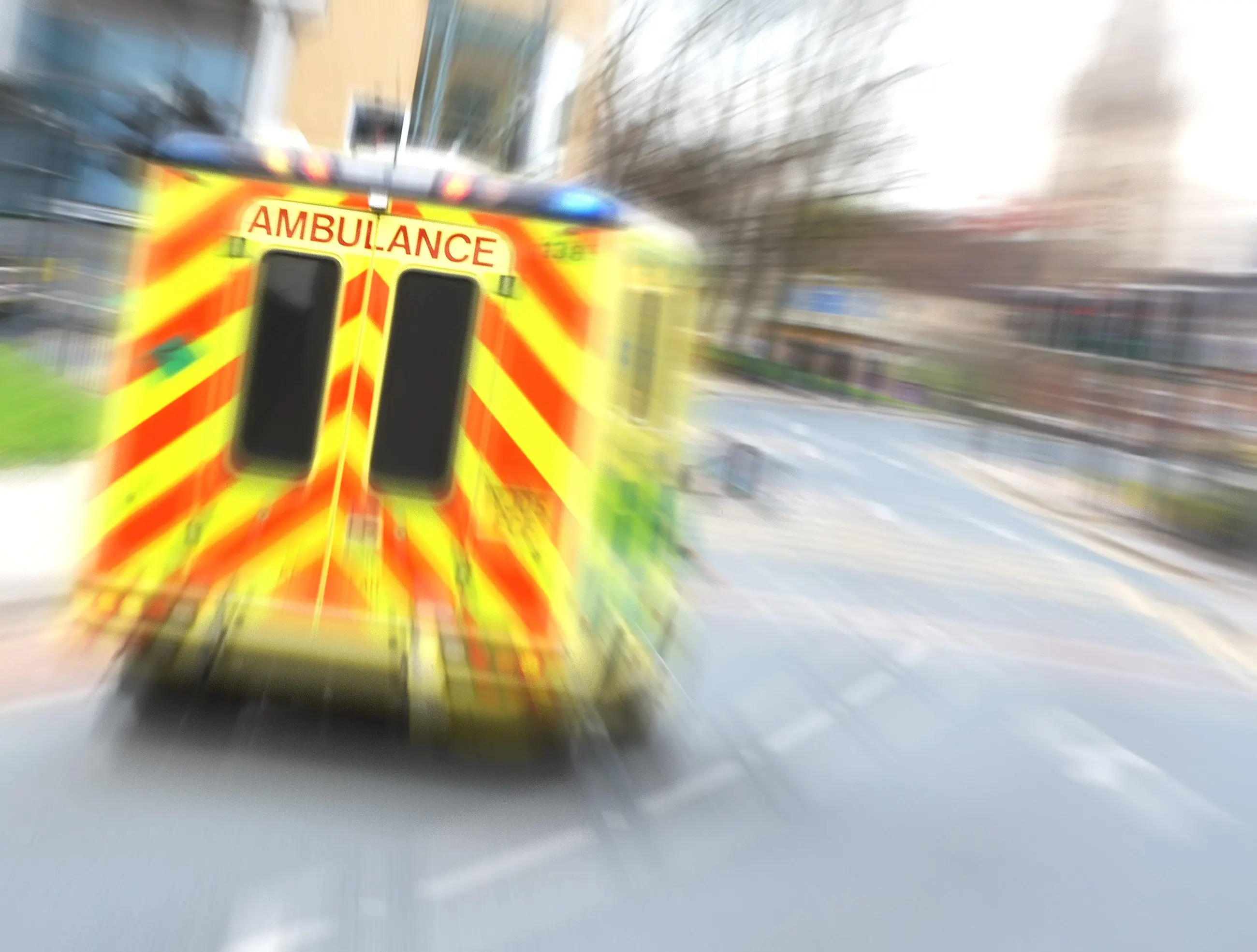National and international emergency and acute care for stroke has been transformed by research led by Professor Dame Caroline Watkins and members of the Stroke Research Team.
Preventing death and disability from stroke depends on swift recognition of the symptoms and action by the public; accurate and early identification by the emergency services, and emergency transportation to specialist stroke centres for treatment. Worldwide, each year approximately 20 million people experience a stroke; of them, 5 million will die and 5 million will be disabled by their stroke.
Research has simultaneously improved both public and call handler communications enabling the targeted use of ambulances for real emergencies. Contributions to the national stroke awareness FAST (Face, Arm, Speech, Time) campaign, are helping people identify the most common signs of a stroke and emphasise the importance of an immediate 999-call. Initiating the inclusion of pre-hospital stroke care in UK national guidelines directly impacts over 100,000 patients per year.
ESCORTT, the largest pre-hospital stroke study in the field, trained 999 call handlers to recognise stroke and resulted in changes to the 999-call triage system, ensuring that more people with stroke are identified earlier, and transported to hospital with the highest priority, enabling access to emergency care and increasing their chances of disability-free survival. Following arrival at hospital, international, multi-centre research showed that stroke patients can be safely nursed lying flat or sitting up, allowing patients worldwide to choose their preferred position, increasing patient comfort.
Research team
- Professor Dame Caroline Watkins
- Professor Liz Lightbody
- Dr Jo Gibson
- Dr Stephanie Jones
- Denise Forshaw

